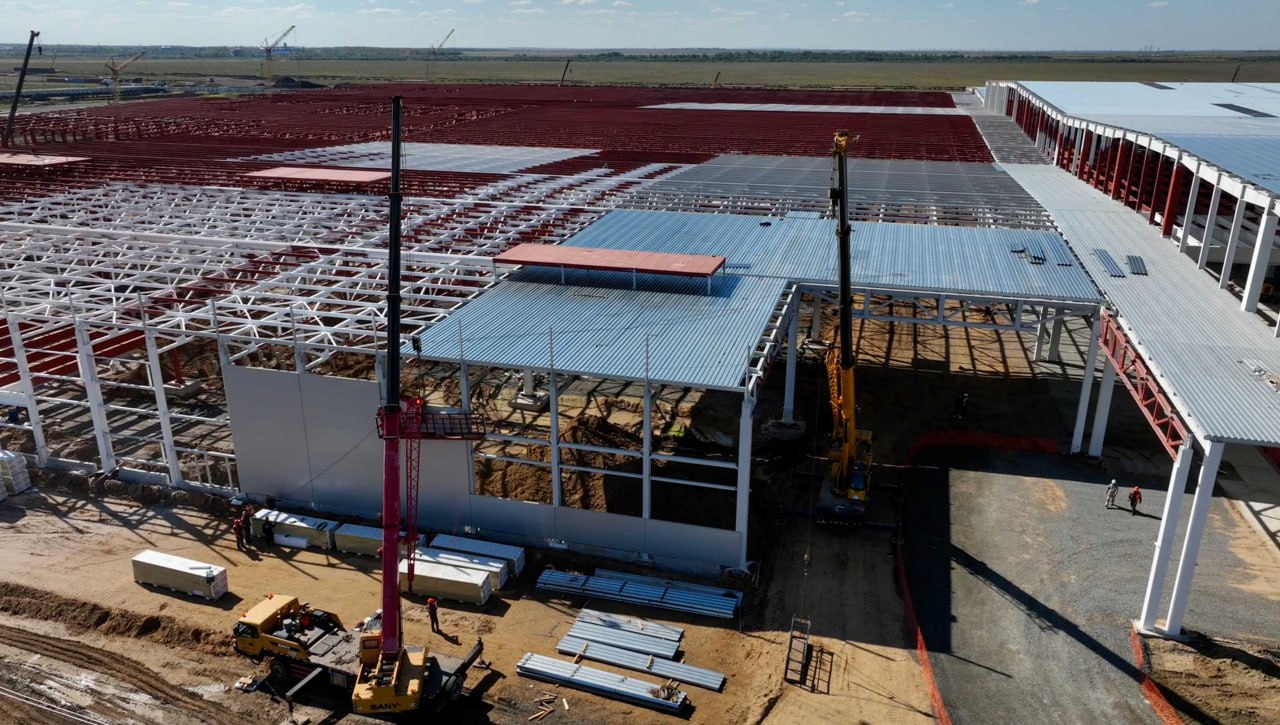To keep the left out of government, Macron is ignoring the will of the voters and courting the right, plunging French democracy into a deep crisis

Democracy and society
The developments of the last week are so dizzying that it is difficult to find words for what has been fabricated in the president’s Élysée Palace. Alternative facts? Theft of democracy? A right-wing coup? For weeks, President Emmanuel Macron was in no hurry to appoint a new government. He flatly refused to appoint the candidate of the left-wing alliance, Lucie Castets, as prime minister, as would have been correct democratic practice. By appointing Michel Barnier, he has now turned everything the French electorate voted for on its head.
Inevitably tied to the far right
Because with Barnier, a representative of the French right-wing conservatives Les Républicains is now in power — a party that was only the fifth strongest party in the early parliamentary elections and only won 41 out of 577 seats. The Eurosceptic Republicans had refused to actively fight against the far-right, the so-called Republican Front, in the course of the elections. What is even grimmer is that Barnier will only be able to govern ‘under the supervision’ of the far-right Rassemblement, as it is in fact Le Pen who holds the fate of the Barnier government in her hands. The Rassemblement, which became the strongest party in the elections with 123 seats in the National Assembly, is ultimately only the third force in French democracy, given the left-wing and centrist alliances.
Barnier’s government, which will have to deal with a parliament that is two-thirds hostile to the president, will inevitably have to seek the support of the Rassemblement for every project. The latter has promised not to vote Barnier out of office ‘immediately’, but to ‘scrutinise’ him. The ranks of the far-right alliance made it clear at the weekend: ‘If Barnier is Macron’s little telegraph operator, we’ll vote him out!’ The disgraced election winners, the left-wing alliance Nouveau Front Populaire, announced on the day of the nomination that they would seek a vote of no confidence in Barnier. With 192 seats, the left-wing alliance partners have a relative majority in the Assemblée.
Macron’s main concern, despite all his tactics, seems to have been to ensure that no government sets about reversing his neoliberal project after the parliamentary elections.
This means that Barnier’s government will always need the support of the Rassemblement National in order to survive. Barnier, who has already held a number of high political offices, including minister and EU commissioner, and most recently led the Brexit negotiations for the EU, must realise that he needs to build up a certain distance to Macron, even if some see him as a disappointed Macronist. After all, Le Pen’s support will undoubtedly come at a price. ‘We want to see clear changes of course’, Le Pen has already announced. Certain compromises should not be too difficult for Barnier. On the day of his appointment, left-wing media recalled that he had already shocked many in his party’s nomination contest for the 2022 presidential elections with calls for France to ‘free itself’ from the EU treaty corset. Barnier was referring to migration policy and had even called for a moratorium on immigration at the time.
Macron’s main concern, despite all his tactics, seems to have been to ensure that no government sets about reversing his neoliberal project after the parliamentary elections, despite the left’s plans for pensions and social spending. In 73-year-old Barnier, he has logically found his perfect candidate: an experienced negotiator, technocrat, right-wing conservative and, above all, loyal, without any new personal ambitions for the presidency. Barnier himself spoke out in favour of a retirement age of 65 years ago in the battle over France’s retirement age — he is also in line with Macron in this respect. Perhaps the upcoming ministerial appointments will reveal something about whether conservatism is now celebrating its comeback in France with Barnier and whether Macronism is coming to an end.
The frustrated left-wing alliance is licking its wounds. Initially, it will also be a question of fending off the flimsy narrative of ‘guilt’. In recent weeks, Macron has skilfully managed to make it look as if the left is responsible for its own inability to govern due to internal tensions. Yet, in an authoritarian interpretation of the constitution, Macron overstepped his role and did everything he could to keep the left out of government. The fact that he is turning constitutionalists against him, ignoring the will of the voters and even actively courting the goodwill of the far right illustrates the extent of the crisis in French democracy. Barnier, that much is clear, will have to tread a very fine line and may soon fall.

Adrienne Woltersdorf heads the Friedrich-Ebert-Stiftung office in Paris. She was head of the FES Communications Unit and the Office for Regional Cooperation in Asia, based in Singapore, as well as the FES office in Afghanistan. She previously reported for the Tageszeitung newspaper in Berlin and Washington, as well as leading Deutsche Welle’s China programme.























